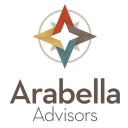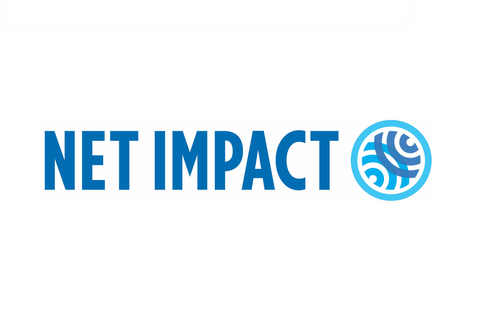Public sector consulting firms help governments and other public service organizations achieve high performance in the face of complex challenges by identifying and addressing operational and strategic challenges to increase efficiency and profits. Firms dedicated to helping governments often specialize by type of agency (environmental, defense, criminal justice, etc.). A nonprofit consulting firm’s goal is to help nonprofits reach more donors and raise more funds. They do this by providing the necessary tools and ideas to improve their clients’ fundraising.
Common Good & Creative Careers has compiled the following Nonprofit Consultants List. This list is a sampling of nonprofit consulting firms for students to start researching as they look into this career path.




